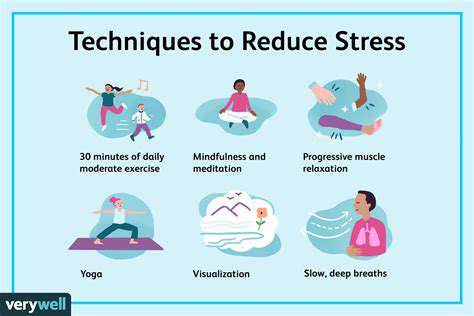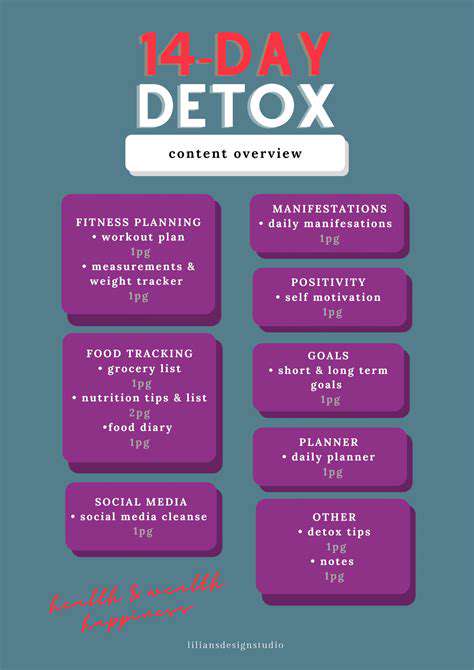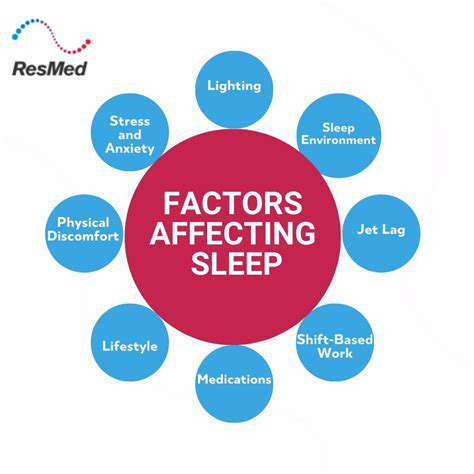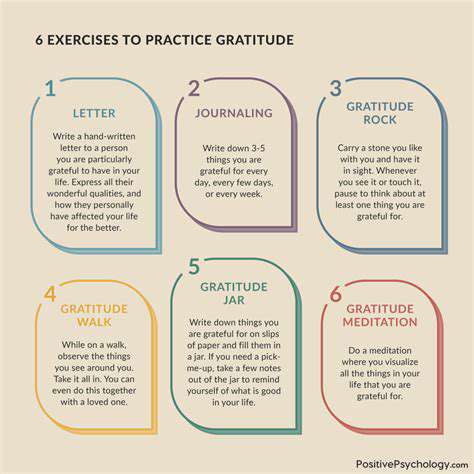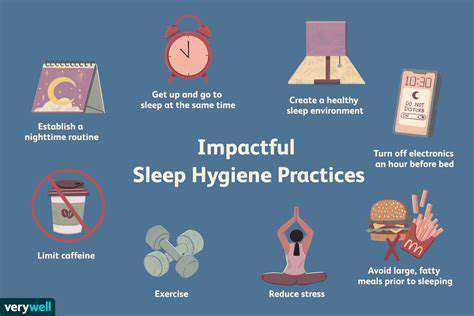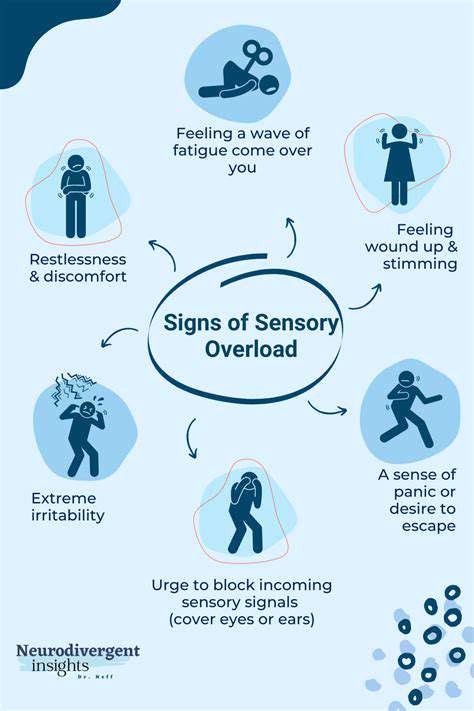Best Practices for Digital Well being and Limiting Screen Time
Nurturing Healthy Habits and Building a Supportive Environment
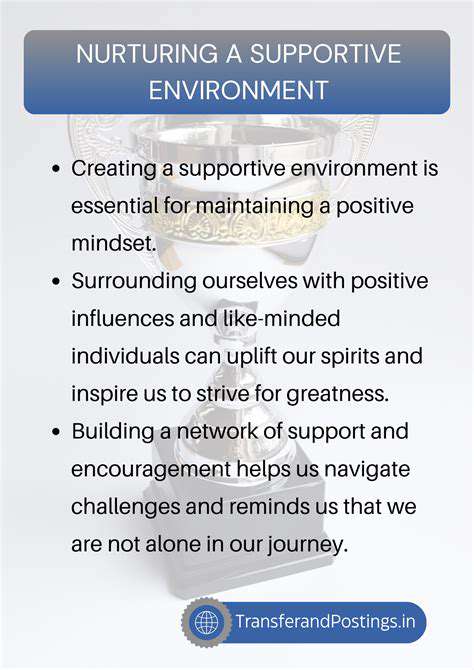
Establishing a Routine
A consistent daily routine is crucial for cultivating healthy habits. Establishing a predictable schedule helps regulate your body's natural rhythms, promoting better sleep, improved digestion, and increased energy levels throughout the day. This structure allows you to allocate specific times for exercise, meal preparation, and relaxation, making healthy choices more manageable and less overwhelming. A well-structured routine provides a framework for incorporating healthy habits into your daily life, gradually shifting your focus from occasional good choices to a sustained lifestyle of wellness.
Planning and sticking to a schedule doesn't mean rigid adherence to every minute. Flexibility is key, but a general framework is essential. It allows you to anticipate potential challenges and adapt accordingly. This adaptability is important for maintaining consistency and preventing feelings of being overly constrained.
Prioritizing Nutrition
Nourishing your body with a balanced diet is fundamental to overall well-being. Consuming a variety of fruits, vegetables, lean proteins, and whole grains provides your body with the essential nutrients it needs to function optimally. This approach supports healthy weight management, boosts your immune system, and enhances energy levels, crucial for managing stress and maintaining focus throughout the day.
Paying attention to portion sizes is equally important as choosing healthy foods. Understanding your caloric needs and consuming appropriate portions can help you maintain a healthy weight, which is often overlooked in discussions about nutrition. Proper portion control is a critical component of a comprehensive nutrition strategy.
Incorporating Physical Activity
Physical activity is essential for maintaining both physical and mental well-being. Engaging in regular exercise, whether it's a brisk walk, a yoga session, or a team sport, helps improve cardiovascular health, strengthens muscles, and boosts mood. Finding activities you enjoy is key to maintaining motivation and ensuring long-term adherence to a fitness routine. A variety of activities, from light stretching to intense workouts, can be incorporated into your routine.
Prioritizing physical activity not only enhances physical health but also contributes significantly to mental well-being. Exercise releases endorphins, which have mood-boosting effects, reducing stress and promoting a sense of well-being. Regular physical activity significantly impacts mental clarity and emotional stability.
Mindfulness and Stress Management
Cultivating mindfulness and effective stress management techniques are vital for maintaining a healthy lifestyle. Practicing mindfulness involves focusing on the present moment, acknowledging thoughts and feelings without judgment. This practice can help reduce stress levels and promote emotional regulation. Mindfulness techniques, such as meditation or deep breathing exercises, can be incorporated into your daily routine to provide a sense of calm and stability.
Stress management techniques are essential for maintaining a healthy lifestyle. Chronic stress can negatively impact physical and mental well-being. Implementing stress-reducing strategies, like engaging in hobbies, spending time in nature, or seeking support from loved ones, is crucial for overall well-being. Effective stress management is a proactive approach to maintaining mental and emotional health.
Read more about Best Practices for Digital Well being and Limiting Screen Time
Hot Recommendations
-
*Guide to Managing Gout Through Diet
-
*Best Habits for Financial Well being
-
*How to Build a Routine for Better Mental Health
-
*How to Eat Healthy on a Budget [Tips & Meal Ideas]
-
*Guide to Practicing Self Acceptance
-
*How to Incorporate More Movement Into Your Day
-
*Guide to Managing Chronic Pain Naturally
-
*Guide to Building a Reading Habit for Well being
-
*Top 5 Weight Loss Supplements That Actually Work
-
*Best Exercises for Postpartum Recovery [Beyond Abdominal Work]
